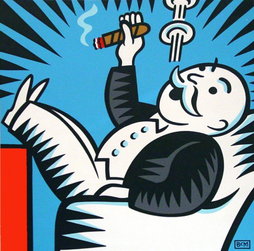
Between listening to presidential debates and political TV pundits, you’ve probably heard a lot of discussion about “taxes for the rich.” Are the wealthy really at a tax advantage over the poor? How can you tell when a specific tax break favors those with abundant income? How is the government involved? As it turns out, wealth does indeed give a person a “leg-up” when it comes to taxes. There are several asset-based tax credits and breaks; most middle or low-income families have few or no assets and therefore don’t apply for the benefits. Capital gains tax, for instance, is a tax attached to stocks, bonds and investments at a low rate of 15%, which allows individuals to keep most of their investment income and contribute a small portion back into the economy. The tax rate on an average citizen’s wages is 35%. The government creates tax laws and codes, so politicians are often accused of adding more cuts and passing legislation that is partial and more beneficial to the wealthy. The fact that most government officials are affluent and could possibly be influenced by equally affluent lobbyists, fuels speculation of bias. To see a list of 5 main tax breaks that help the rich stay rolling in the dough, click here.

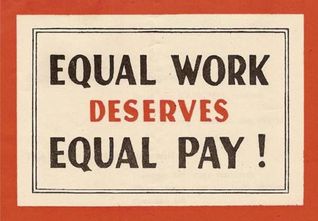
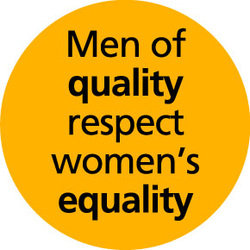

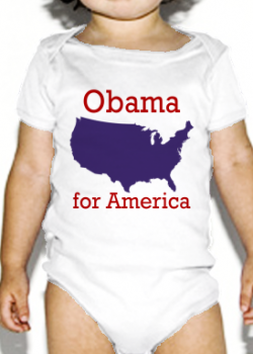
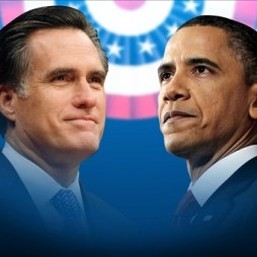

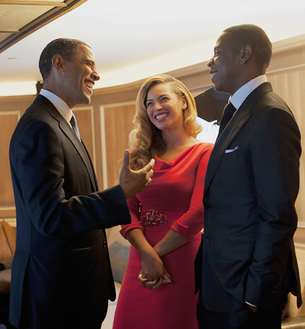

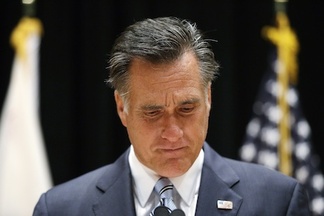
 RSS Feed
RSS Feed